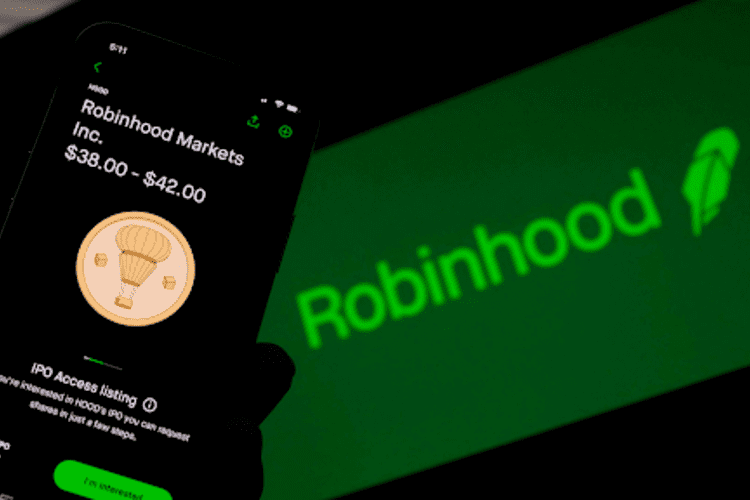Consequences of Bear Market: Robinhood Cuts Jobs

The collapse of the cryptocurrency market and poor economic circumstances are cited as reasons for cutting roughly a quarter of the personnel at Robinhood, the trading platform that earned recognition for enabling novice stock investors to participate in the market.
As a result of the downturn in the cryptocurrency market, the firm said it would be laying off approximately a quarter of its workforce. In its second wave of layoffs this year, online brokerage Robinhood has eliminated 23 percent of its personnel. CEO and co-founder Vlad Tenev stated in a blog post that the company-wide layoffs are "part of a bigger organizational restructure," although the cutbacks mostly impact responsibilities in operations, marketing, and program management. According to Tenev, the company realized that the 9 percent staff reduction in April "did not go far enough" when inflation and the crypto market meltdown were taken into consideration.
New general managers will be given wide responsibilities for all of the company's activities, Tenev stated in a press statement. After the all-hands meeting, he explained, workers would be notified through email and Slack whether or not they were being let go or still had a job.
Earlier this year, Robinhood fired off 9 percent of its workforce, but Tenev claimed the cutbacks "did not go far enough." It was a result of deteriorating economic circumstances and the demise of cryptocurrency, he said.
What happens with Robinhood?
Earlier this year, Robinhood said that it was cutting 9 percent of its personnel since the company's rapid development had resulted in the creation of certain redundant positions and tasks. During the Covid-19 epidemic, Robinhood's user-friendly interface was a big popularity with young investors trading from home on cryptocurrencies and equities like GameStop Corp. At the time, borrowing rates were near zero, tech businesses were flourishing, and stimulus packages from the federal government were boosting the economy.
However, this year's market collapse has severely harmed Robinhood's prospects. In 2021, the business raised about $2 billion in a high-profile initial public offering, but its shares have since plummeted by more than 70 percent.
Due to a rise in cryptocurrency transactions and net interest, Robinhood's overall net revenue grew from $299 million to $318 million in the second quarter. The second-quarter sales of $565 million in 2021 was a far cry from this year's $325 million.
Monthly active users and assets in custody both fell, according to the data. CEO Vlad Tenev said in a blog post that the initial employee cut "did not go far enough" a few months ago.
"As CEO, I authorized and accepted responsibility for our aggressive personnel trajectory – this is on me," he wrote. The new environment necessitates a higher level of personnel than was previously considered necessary.
As retail trading looked to lose momentum, Robinhood's expansion slowed. In July 2021, the firm went public at a share price of $38 and saw its shares rise to an all-time high of $85 in its first month of trading. Also, it's no secret that FTX CEO Sam Bankman-Fried recently spent $650 million for a 7.6 percent interest in Robinhood, but currently things look a bit harsh for a infamed fintech company.